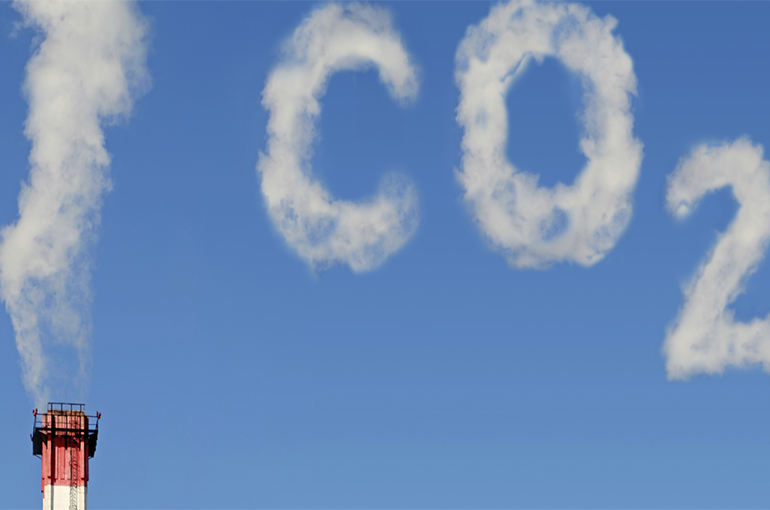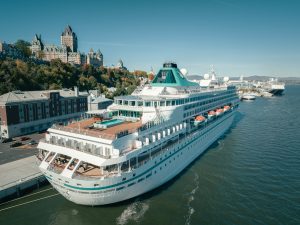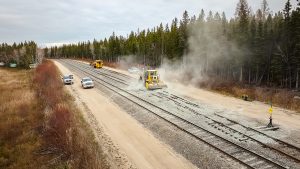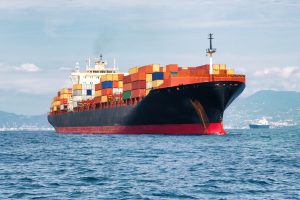The new lower-emission DMA for the shipping sector is produced by adding renewable raw material into the conventional refining process and by using mass balance the fuel attains high GHG emission-reducing benefits while maintaining the fuel quality and specifications to ISO 8217.The fuel is certified according to ISCC plus.
According to the partners, Neste Marine 0.1 Co-processed could reduce greenhouse gas (GHG) emissions by up to 80%, compared to fossil DMA Gasoil.
As of yesterday, a DMA co-processed with renewable raw materials will be available as bunker fuel on the Swedish east coast, Neste noted. Neste Marine 0.1 Co-processed DMA will also be available at the Södertälje ex-pipe facility together with DMA 0.1 and DMB 0.1, serving vessels in transit into Lake Mälaren.
“This is one of many key steps in ScanOceans journey to build a portfolio of sustainable products and services. As we soon enter a new regulatory landscape in European shipping, reducing emissions at low cost will be key and we aim to provide the best solutions for this, and the DMA co-processed with renewable raw materials is an extremely attractive fuel in this respect,” commented Jonatan Karlström of ScanOcean.
“We are very pleased to continue our long-term partnership with ScanOcean, and introducing the DMA co-processed with renewable raw materials to the Swedish market is a part of our marine fuel strategy. We see good growth potential for the Swedish market” added Sveta Ukkonen, Head of Marine Fuels at Neste. Photo: Shutterstock








